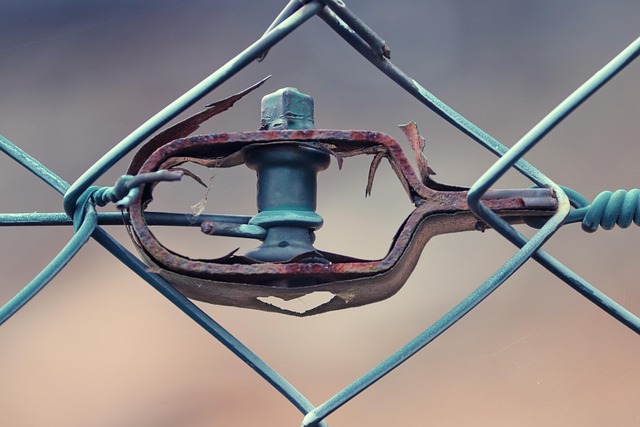New Bedford, Massachusetts, residents and business owners often seek reliable chain link fence solutions for security, privacy, and aesthetic purposes. This guide delves into the essential aspects of installing a sturdy and secure chain link fence in New Bedford, ensuring compliance with local regulations and requirements. By understanding the various types available and selecting experienced installers, property owners can enhance their outdoor spaces while benefiting from increased safety and value retention.
- Understanding Chain Link Fence Requirements in New Bedford
- Locating Reliable Local Chain Link Fence Installers
- Types of Chain Link Fences for New Bedford Homes and Businesses
- Installation Process: Ensuring a Secure and Long-Lasting Fence
Understanding Chain Link Fence Requirements in New Bedford
When considering a chain link fence installation in New Bedford, understanding local requirements is essential for a smooth process. The city of New Bedford has specific guidelines and permits needed for such installations, which are designed to ensure safety and maintain the aesthetic appeal of residential and commercial areas alike. Property owners must familiarize themselves with these rules, including fence height restrictions, spacing, and material specifications, to avoid any legal complications or delays.
The local building department plays a pivotal role in this process by reviewing applications for permits and ensuring compliance. It’s crucial to consult with licensed installers who are well-versed in these regulations to guarantee that the fence not only meets code but also enhances your property securely and beautifully.
Locating Reliable Local Chain Link Fence Installers
Finding reliable local chain link fence installers in New Bedford, Massachusetts, is crucial when seeking to enhance your property’s security and aesthetic appeal. The first step is to conduct thorough research to identify reputable companies with a proven track record. Online reviews from previous clients can provide valuable insights into their quality of work and customer service. Local business directories and word-of-mouth recommendations from trusted neighbors or friends are also excellent resources for finding potential installers.
When evaluating candidates, consider their experience in installing chain link fences, the range of services they offer (including design consultation and maintenance), and their commitment to using high-quality materials. Requesting quotes from multiple companies allows you to compare prices, service offerings, and the expertise of each installer. Ensuring that your chosen provider is licensed, insured, and bonded guarantees professional and reliable service throughout the installation process.
Types of Chain Link Fences for New Bedford Homes and Businesses
Chain link fences come in various types, each offering unique features to suit different needs. For New Bedford homes, a popular choice is the traditional straight-top fence, providing both security and aesthetics. Its sleek design allows for an unobstructed view while keeping yards and properties safe. This type is ideal for residential areas where privacy and visibility are balanced priorities.
Businesses in New Bedford often opt for different styles to create a more industrial look. The most common alternative is the galvanized steel fence with a mesh pattern, offering enhanced durability and security. Some businesses also prefer a top rail design, adding an extra layer of protection and allowing for various access points. These options cater to commercial needs while maintaining a professional and secure environment.
Installation Process: Ensuring a Secure and Long-Lasting Fence
The installation process for a chain link fence in New Bedford, Massachusetts, involves careful planning and expert execution to ensure a secure and long-lasting barrier. The first step is preparing the site, which includes measuring the perimeter accurately, marking the line with stakes and string, and ensuring proper drainage to prevent water damage. Once the layout is finalized, the posts are installed, typically made of durable materials like steel or aluminum, to provide the necessary support.
After the posts are firmly in place, the chain link panels are attached, using a combination of brackets and tensioning devices. These components ensure the fence remains tight and secure, preventing any potential sagging or loosening over time. The entire process requires skill and adherence to safety standards, especially when working with heights. Proper grounding and regular maintenance, such as inspecting for damage and tightening connections, will contribute to the fence’s longevity, ensuring it stands strong against elements like wind, snow, and potential intruders.
